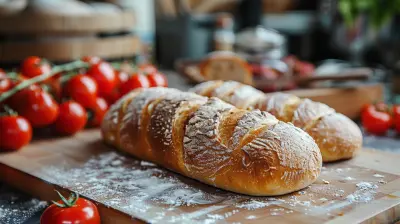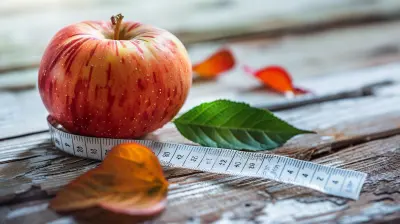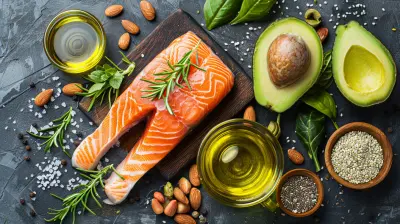How to Burn Fat Naturally Without Harming Your Metabolism
10 September 2025
Let’s be real—burning fat can feel like climbing a mountain with no end in sight. The promises of quick-fix diets and miracle pills might sound tempting, but they often come at a cost: your metabolism. If you’ve ever crash-dieted or over-exercised only to hit a wall (or worse, gain the weight back), you’re not alone.
The good news? You don’t need to starve yourself or thrash through endless cardio sessions to shed fat. In fact, there are science-backed, totally natural ways to burn fat that keep your metabolism humming like a well-oiled machine. Ready to ditch the diet roller coaster and finally feel in control of your body? Let's get into it.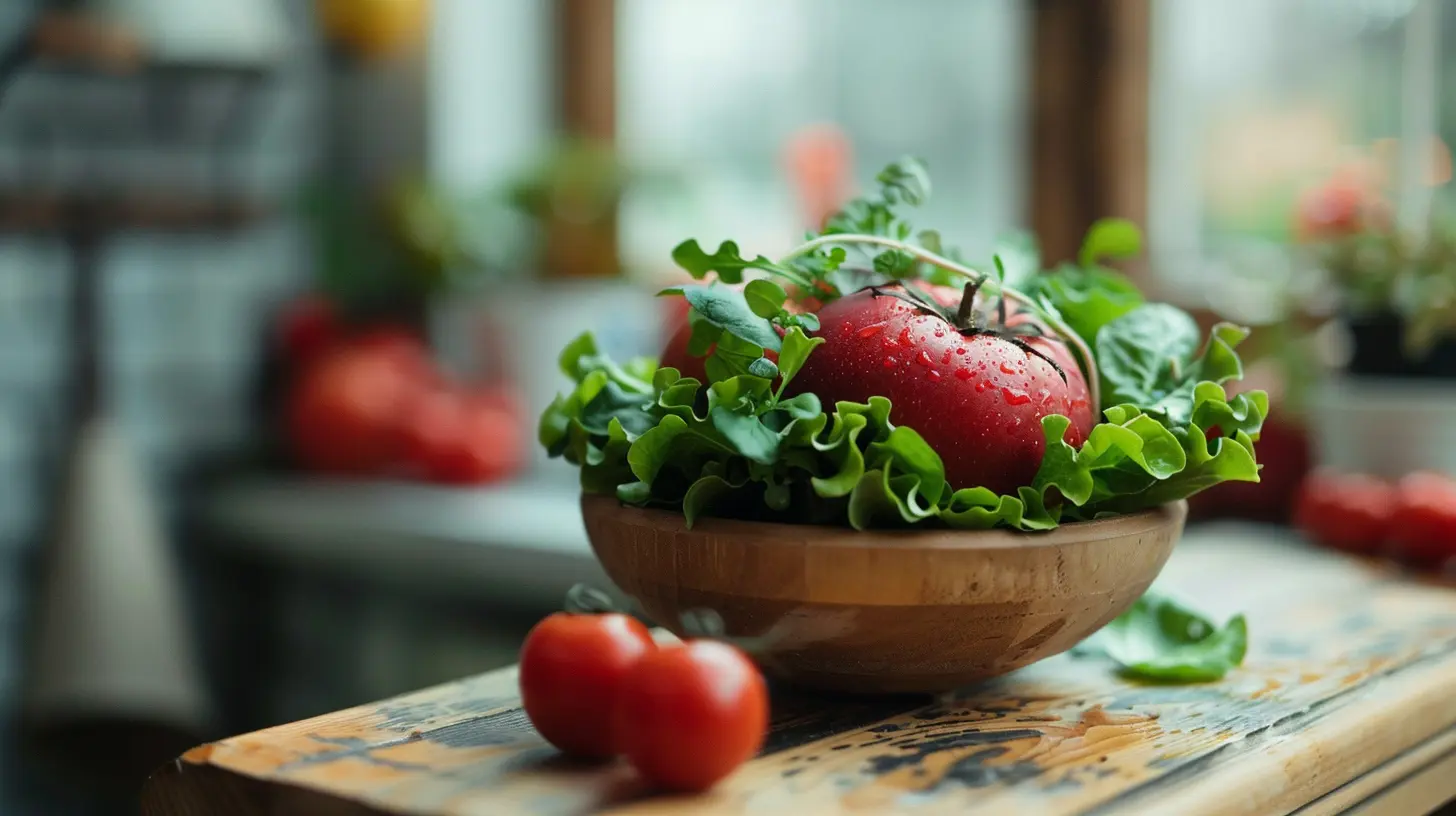
Why Your Metabolism Matters More Than You Think
Before we jump into how to burn fat naturally, let’s talk quick about your metabolism. It’s not just some mysterious internal speedometer—it’s basically your body’s engine. When it’s running efficiently, you burn calories at a healthy pace, even when you’re just binge-watching your favorite show.But if you disrupt your metabolism through extreme dieting or poor habits, your body freaks out. It slows everything down to conserve energy, making it harder to lose fat—and way easier to gain it back. That’s why protecting your metabolism is key to sustainable fat loss.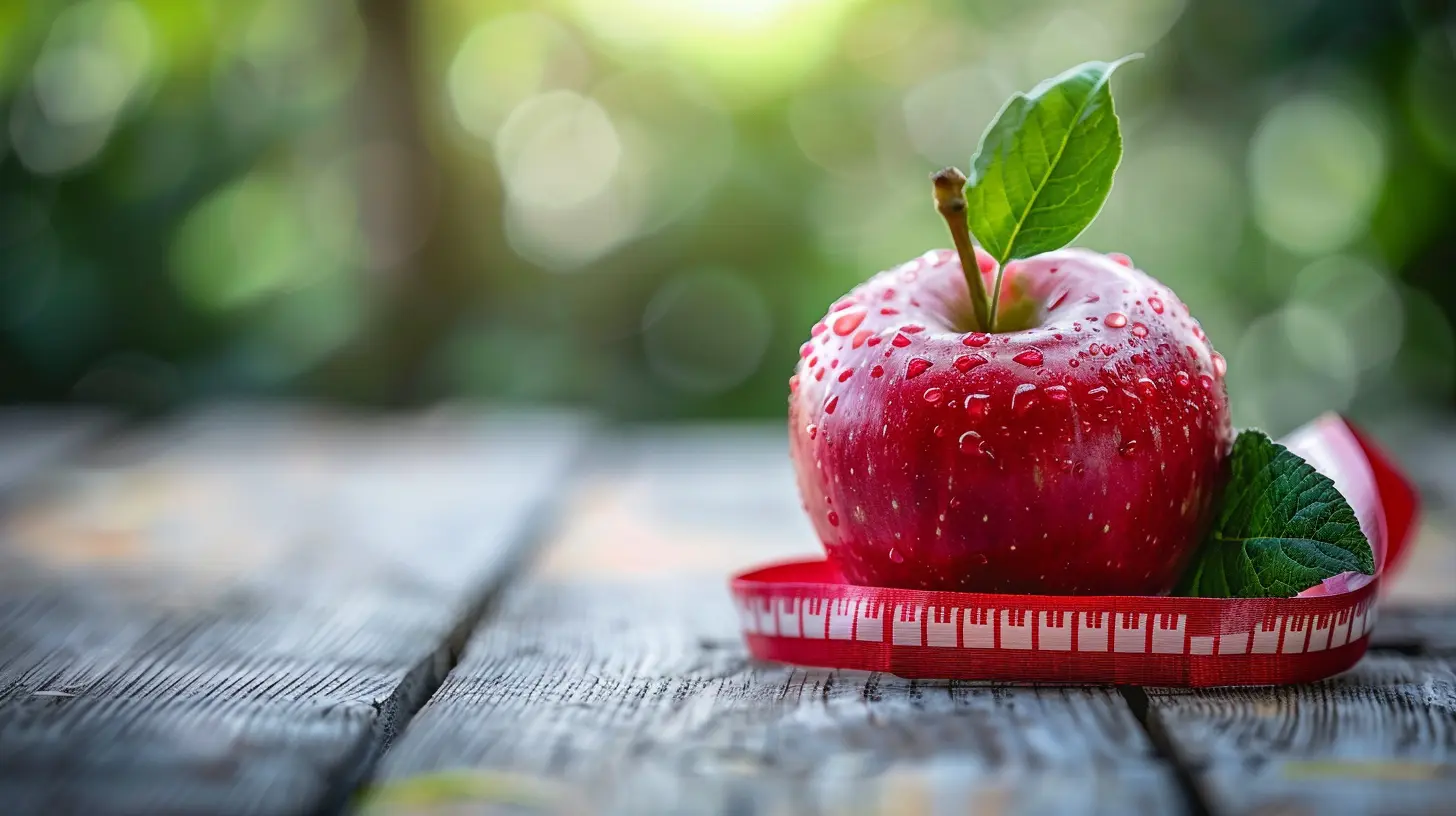
1. Eat Enough (Yes, Really)
Surprised? Most people think they need to eat less to lose fat. But eating too little is actually one of the fastest ways to mess up your metabolism.When you drastically cut calories, your body goes into survival mode. It holds on to fat and burns muscle instead. You may lose weight short-term, but you're damaging your body’s fat-burning ability in the long run.
✨ How to do it:
- Eat frequent, balanced meals.- Focus on whole, nutrient-dense foods.
- Don’t skip meals—especially breakfast.
- Track your intake to make sure you’re not under-eating.
Think of food as fuel, not the enemy. You wouldn’t drive your car on empty, right?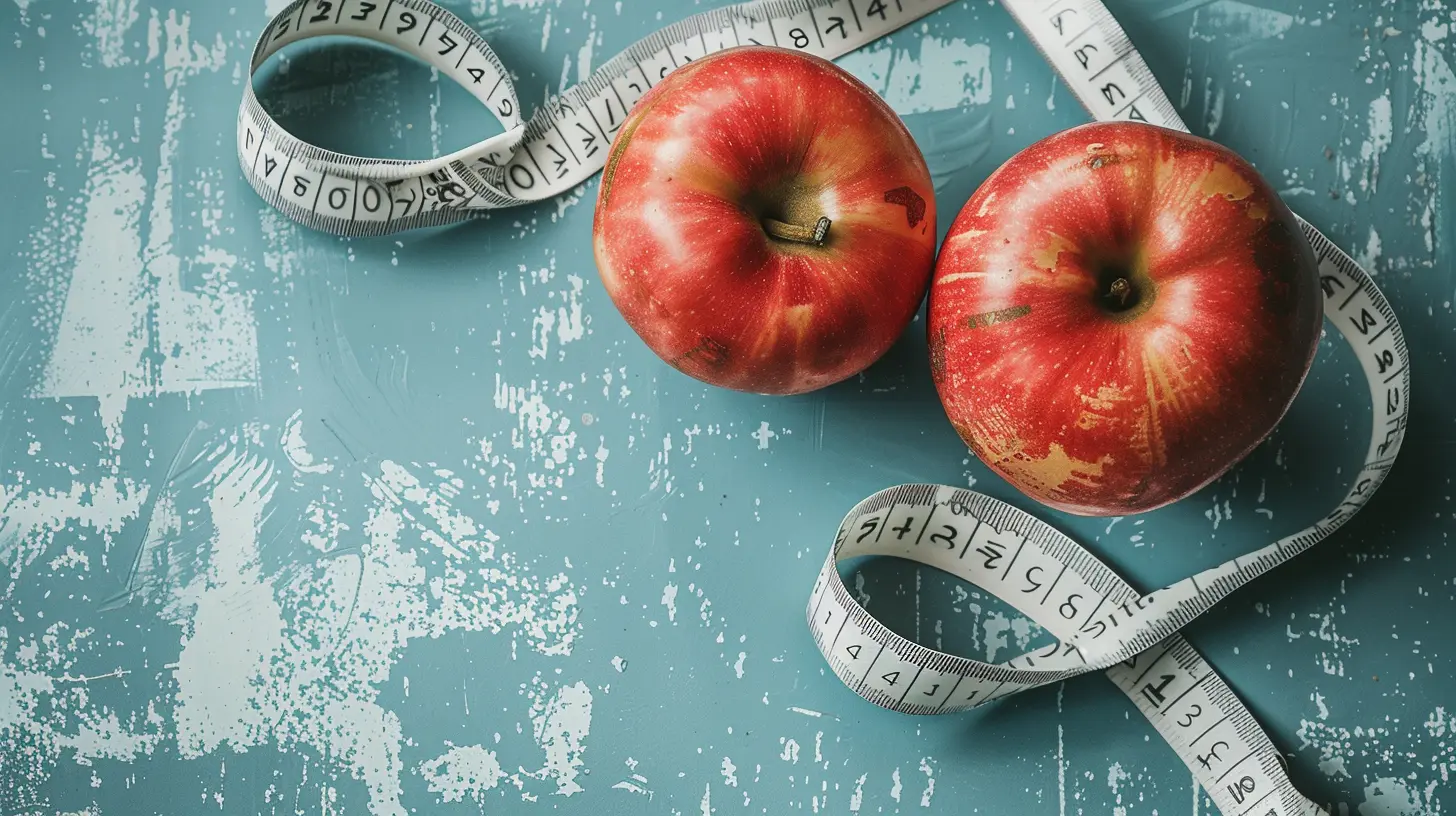
2. Prioritize Protein Like a Boss
Protein is your metabolism's best friend. Not only does it help build and preserve lean muscle (which burns more calories at rest), but it also takes more energy to digest—this is called the thermic effect of food.And get this: protein helps you feel fuller, longer. So you naturally eat less without even trying.
💪 Best sources of protein:
- Eggs and egg whites- Chicken, turkey, beef
- Fish and seafood
- Greek yogurt
- Plant-based options like lentils, tofu, and chickpeas
A good rule of thumb? Include protein with every meal. Your muscles—and metabolism—will thank you.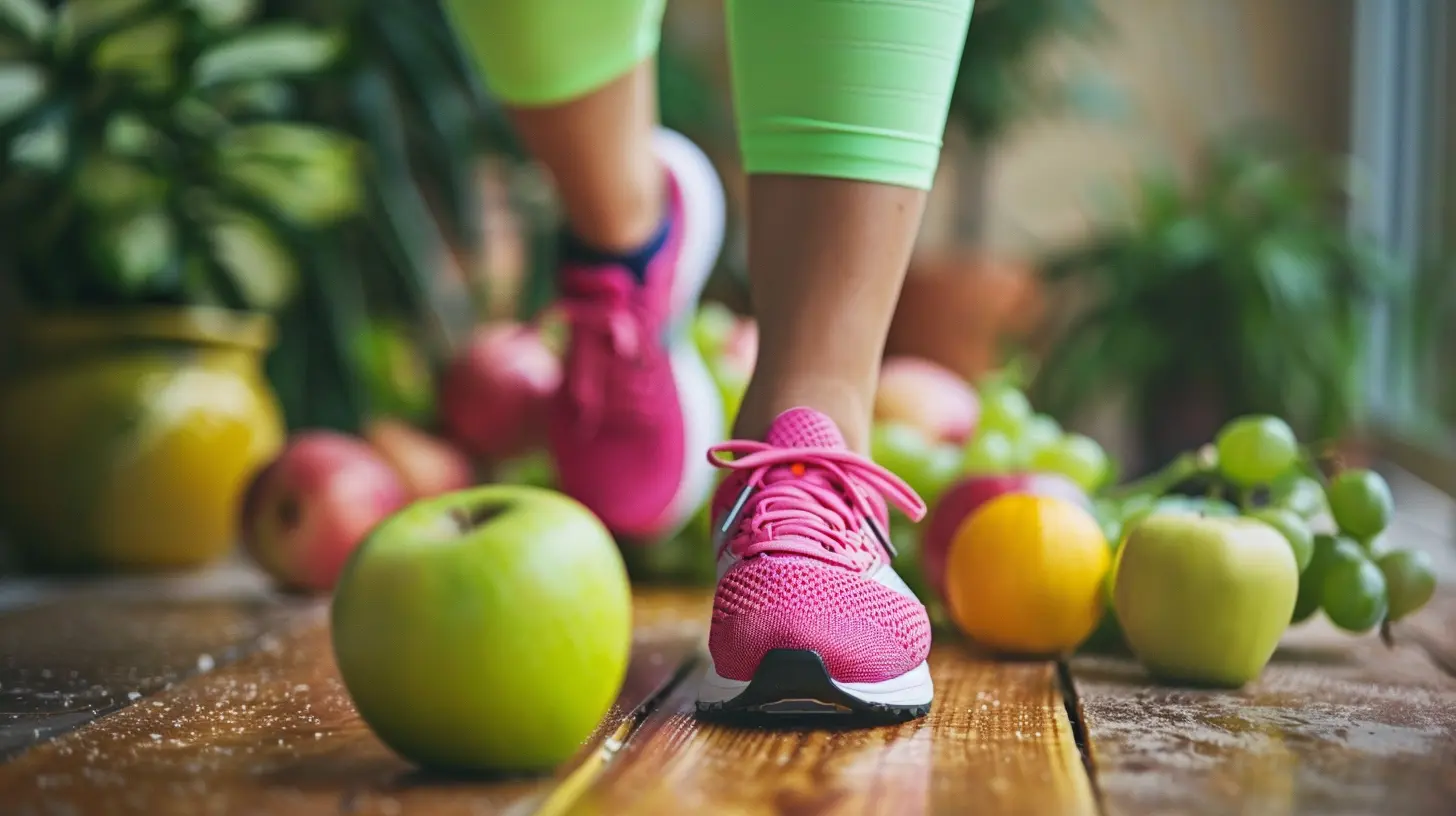
3. Lift Weights (Even If You’re Not “Muscle-y”)
Let’s bust a myth real quick: lifting weights won’t make you bulky. But it WILL help you torch fat and boost your metabolism.Strength training helps you build lean muscle, and muscle is metabolically ACTIVE. That means you burn more calories all day—even while you sleep. Boom.
🔥 Try this:
- Full-body workouts 2–4 times per week- Compound movements like squats, deadlifts, and push-ups
- Bodyweight exercises if you’re just starting out
- Resistance bands for home-friendly gains
Don’t sweat if you're new to the gym. Start small. The point is to challenge your muscles, not to become an overnight bodybuilder.
4. Sleep Like Your Fat Loss Depends On It (Because It Does)
Want to burn more fat? Go to bed. Seriously.When you sleep, your body does important behind-the-scenes work—like balancing hormones, repairing muscles, and regulating hunger. Lack of sleep messes with your metabolism and makes you crave junky carbs and sugar the next day. Not ideal for fat loss.
😴 Sleep tips that actually work:
- Aim for 7–9 hours per night.- Power down screens at least 30 minutes before bed.
- Keep your room cool and dark.
- Try magnesium or herbal teas if you struggle to wind down.
Good sleep isn’t a luxury—it’s a fat-burning necessity.
5. Eat More (Healthy) Fats
Hold up—more fat to lose fat? Yep, but let’s be specific: we’re talking good fats that keep you full and support your hormones, not greasy fast food.Healthy fats slow digestion and help stabilize blood sugar, which keeps cravings in check and your metabolism stable. Plus, fats are crucial for hormone production—and hormones play a BIG role in how your body stores or burns fat.
🥑 Healthy fat sources:
- Avocados- Olive oil
- Nuts and seeds
- Fatty fish (like salmon, sardines)
- Coconut oil (in moderation)
Just remember: even healthy fats are calorie-dense, so a little goes a long way.
6. Hydrate Like a Champ
Water might not be the sexiest fat-loss hack, but it’s one of the most effective. Your body needs water for every metabolic process—and dehydration slows everything down.Plus, water helps flush out toxins, reduces bloating, and can even curb unnecessary snacking (we often confuse hunger with thirst).
💧 Hydration hacks:
- Start your day with a big glass of water.- Carry a water bottle everywhere.
- Jazz up your H2O with lemon, cucumber, or mint.
- Set reminders if you keep forgetting.
Aim for at least eight glasses a day, more if you’re active. Your metabolism will thank you.
7. Keep Moving Throughout The Day
We tend to think about fat burning in terms of workouts—but what you do the rest of the day matters, too.Even if you hit the gym for an hour, sitting for the other 23 isn’t doing your metabolism any favors. Enter: NEAT, or non-exercise activity thermogenesis. It’s a fancy term for all the movement you do outside of workouts—and it's HUGE for fat loss.
🚶♂️ Simple ways to move more:
- Take the stairs.- Walk during phone calls.
- Do a few squats or push-ups during TV commercials.
- Park farther from the store.
- Stretch out or go for short walks during work breaks.
Little movements add up big time. Your body wasn’t designed to sit all day—keep it in motion.
8. Manage Stress Like Your Waistline Depends On It
Here’s the deal: stress triggers a hormone called cortisol. When it’s elevated for too long, it encourages your body to store fat—especially around the belly.Plus, stress messes with your sleep, hunger cues, and workout recovery. Not ideal for anyone trying to lose fat.
🧘♀️ Stress reduction ideas:
- Practice deep breathing or meditation.- Get outside—nature is powerful.
- Journal or talk to someone.
- Do something you enjoy every day.
- Say no to things draining your energy.
Burning fat is more than what you do—it’s also how you feel. Lower stress = better results.
9. Be Smart with Carbs (Don’t Ban Them!)
Carbs have a bad rep, but the truth is your body needs them—especially if you’re active. The trick is choosing the right kinds and timing them well.Complex carbs give you energy and keep your metabolism steady. Avoiding them completely can backfire by slowing your thyroid (a key metabolism regulator) and draining your energy.
🍠 Smart carb choices:
- Sweet potatoes- Brown rice, quinoa, oats
- Whole fruits
- Legumes
- Vegetables (yes, they count!)
Try eating carbs around your workouts or earlier in the day when you need the energy most.
10. Be Patient, Consistent, and Kind to Yourself
Look—we live in a world that glorifies overnight transformations. But real, sustainable fat loss? It takes time. If you want to burn fat naturally without harming your metabolism, you’ve got to play the long game.Crash diets and extreme workouts might get fast results, but they leave you drained, frustrated, and often worse off than when you started.
Go slow. Celebrate small wins. Tune in to how your body feels. And remember, progress isn’t always visible right away—but it’s happening.
Final Thoughts: You’ve Got This
Burning fat naturally is totally possible, and it doesn’t mean punishing your body. In fact, it means working with your body, not against it.Feed yourself well. Move often. Sleep deeply. Keep stress in check. And recognize that your health isn’t just about a number on the scale—it’s about how you feel, how you live, and how you show up for yourself every day.
No gimmicks. No deprivation. Just smarter choices, day by day.
You’re not broken. You just need better tools—and now you've got them. So go out there and crush it!
all images in this post were generated using AI tools
Category:
Fat LossAuthor:

Laurie Barlow
Discussion
rate this article
1 comments
Thalwen Howard
This article offers practical tips for sustainable fat loss, emphasizing natural methods that support metabolism while promoting overall health and wellness.
September 29, 2025 at 4:49 PM

Laurie Barlow
Thank you! I'm glad you found the tips helpful for achieving sustainable fat loss while prioritizing health.
